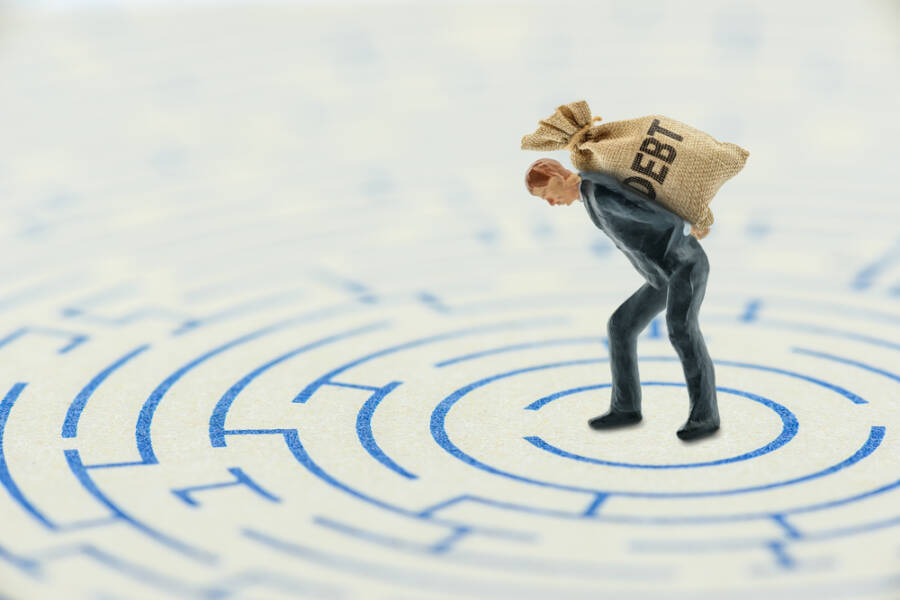Besides heating and cooling, the next most used energy in our home comes from heating water, which generally happens because we use all kinds of appliances.
On average, washers and dryers account for 5 percent of a household’s annual electricity usage. Your individual laundry habits could either cause you to spend more than needed or help you save electricity and water.
That’s how we decided to look for ways in which we could “spice up” our laundry habits, and maybe—who knows? Even save a couple of bucks. Here’s how you can save money and wash your clothes!

Avoid spur-of-the-moment laundering.
If you simply dislike the sight of dirty laundry, then you probably start a cycle every time you gather a couple of dirty items. But there’s something to consider when doing this: the risk of overrunning your machine.
It’s best if you just wait until there’s a full load that needs washing so you won’t double down on cycles. Spontaneous washing and drying could potentially waste electricity and water. Over time, your appliances might prematurely wear out.
Pay attention to those water settings.
Just because you’re used to doing so, you might select the same old settings for every load of laundry. But in the long run, this might cost you more than you think.
What you want to try is to change the water level setting on the washing machine to correctly match the appropriate load size. This simple daily habit could lower your water usage and your costs.
Choose the appropriate wash cycle.
Another efficient way to save money on laundry is to make sure you’re using the right cycle for the load you’re cleaning. Sometimes you might only need a quick express rinse rather than a full cycle. When you can, try to adjust the settings accordingly, and you’ll see just how much money you can save.
We also recommend avoiding “bulky” or heavy dusty settings because they use a lot of water. For example, a load of towels will still get cleaned without needing to bump the setting and use more water.
According to Nelly Martinez, Whirlpool senior brand manager, “some washers offer a “rapid wash” cycle where you can clean the small, lightly soiled loads in 15 to 40 minutes while also using less water and energy than longer cycles.” However, with larger loads, you might indeed need more water to properly saturate the clothes.
Use less detergent.
Using more detergent doesn’t automatically mean you’ll get cleaner laundry. In fact, you’d be surprised to find out that using less detergent could actually help save money in the long run.
First of all, you will purchase detergent less frequently, but you’ll also avoid greater water usage and damage to your clothes. Some washing machines have this thing called “load and go,” which is a dispenser that automatically dispenses the proper amount of detergent for every load, which could help you use detergent and water effectively.

Launder during non-peak hours.
What are peak hours? Well, when electricity consumption is the highest, you end up paying more for using electricity in some states, and especially with some power companies.
For instance, Alabama Power has Monday to Friday from 1 p.m. to 7 p.m. as peak hours from June 1 through September 30. From November 1 to March 31, peak hours are Monday–Friday from 5 a.m. to 9 a.m.
One of the easiest tips when it comes to saving money and doing laundry is to run your washer and dryer during non-peak hours. Ask your utility company when’s the lowest electricity usage, then consider washing the laundry any other time, basically.
Use cold water.
One myth that could cause you to spend more on laundry is believing you need to use hot water all the time. Washing your clothes in cold water can be an extremely effective way to save money.
Hot water automatically requires more energy. But when you opt to use cold water instead, you can reduce energy consumption and lower your utility bill.
Even if you’re not ready to do complete cold-water cycles, there’s still a way to go about it. You can opt for a cold rinse when washing your clothes. It could seem quite small and insignificant, but it can eventually add up.
Don’t wash clothes excessively.
Washing dirty laundry is definitely important, but knowing how often you need to wash things can help you use laundry appliances more efficiently.
For instance, when it comes to jeans, sweaters, jackets, and sleepwear, they can be worn several times before needing to be washed. Also, if your dryer comes with a steam cycle option, you might as well skip a load of laundry and rapidly refresh clothing using this function.
Turn off supply hoses.
Washing machine leaks could definitely dig a hole in your wallet. After you finish using the washing machine, it’s best to turn off the supply hoses to avoid unwanted leaks.
You could also upgrade to auto-shut-off connector hoses, which could sense excess water and automatically shut off. Besides those small leaks, the feature can also help prevent flooding in your laundry room or basement.
Air-dry laundry
Once upon a time, air-drying laundry was the way to go in life, and we deeply advise you to revive the practice as a way to save money and reduce energy consumption.
There’s another positive side to this: air-drying your washed items. It can keep your clothes in good condition. Fabrics could shrink or become damaged in the dryer, but air drying will help preserve them, whether you’re hanging them outside or on a drying rack.
If you have the time and the space, or if you run a smaller laundry load than usual, you could hang the clothes to dry instead of using the dryer.
Conduct routine maintenance.
After you finish cleaning your clothes and bedding, make sure you also take care of the cleaning appliances. Cleaning the lint filter before every load is very important for proper dryer efficiency.
A dirty lint filter could cause your dryer to function with less efficiency, which also results in higher energy usage. It’s actually recommended to clean the lint filter before every single load.
You should also make a habit of cleaning your washing machine. There are all kinds of washer-cleaning tablets you could use to clean the unit. It will remove any mildew smells and also remove grime residues that could potentially build up and make you want to wash multiple times.
Upgrade to a brand-new washing machine.
Depending on which kind of laundry appliances you have, you can actually save a lot of money by simply replacing them. For example, new high-efficiency (HE) washers need around 25 percent less energy and 33 percent less water than other washers.
An Energy Star washer can efficiently reduce water usage by 6 gallons per load, which can ultimately result in savings of over 2,000 gallons of water every year. Besides, these appliances remove more water during the final spin cycles, leaving clothes less wet and allowing the dryers to use less heat.
If you’re interested in reading about other frugal tips on how to save money around the house, then you definitely need to check out this article: Can You Make Your Favorite Kitchen Knives Last Longer? 8 Tips to Try!














